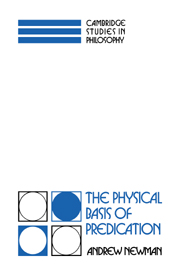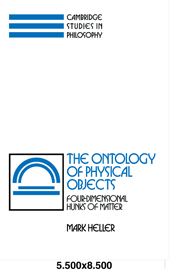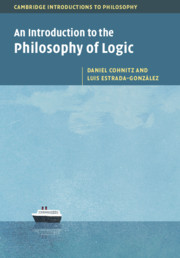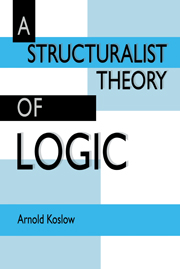The Physical Basis of Predication
In this book about metaphysics the author defends a realistic view of universals, characterizing the notion of universal by considering language and logic, the idea of possibility, hierarchies of universals, and causation. He argues that neither language nor logic is a reliable guide to the nature of reality and that basic universals are the fundamental type of universal and are central to causation. All assertions and predications about the natural world are ultimately founded on these basic universals. A distinction is drawn between unified particulars (which reveal natural principle of unity) and arbitrary particulars (which lack such a principle); unified particulars are the terms of causal relations and thus the real constituents of the world. The world is not made up of events but of unified particulars and basic universals.
Reviews & endorsements
"Newman's presentation of his own theory is thorough and solidly argued, and his criticisms of rival doctrines are generally quite persuasive." Review of Metaphysics
"Throughout, the book is very clearly written, and shows an impressive grasp of the relevant literature." Sydney Shoemaker, Cornell University
Product details
July 2007Paperback
9780521037617
288 pages
215 × 133 × 16 mm
0.384kg
Available
Table of Contents
- Acknowledgements
- Introduction
- 1. 'Real constituents of the world'
- 2. What can logic and language tell us about reality?
- 3. The 'existence' of universals and the notion of possibility
- 4. The causal significance of basic attributes
- 5. Hierarchies of universals
- 6. Causal relations
- 7. Arbitrary particulars and unified particulars
- 8. Further considerations concerning the causal relation
- 9. Arbitrary particulars and physical objects
- Bibliography
- Index.







